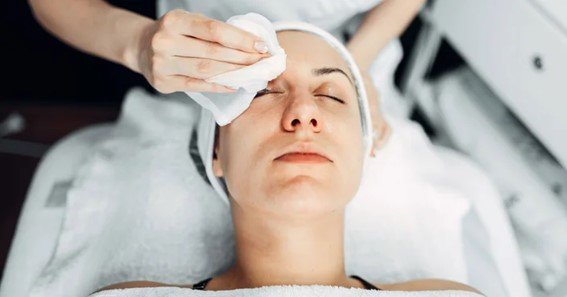Acne is one of the most common skin conditions affecting millions of people worldwide. While various over-the-counter products are available, many people require prescription medications or professional treatments to manage their acne effectively. A frequent question asked by those seeking treatment is: “Does insurance cover acne treatment?” Understanding whether your health insurance will help pay for your acne care can make a big difference in managing both your skin and your budget. Let’s explore the different aspects of acne treatment coverage.
Does Insurance Cover Acne Treatment?
The answer to “does insurance cover acne treatment” is often a mix of yes and no, depending on the type of treatment and your insurance plan. Most health insurance plans do provide coverage for medically necessary treatments. For example, if your acne is severe and causes scarring, infections, or significant physical or emotional distress, insurance is more likely to cover treatments prescribed by a dermatologist. However, treatments considered purely cosmetic or elective may not be covered.
Types of Acne Treatment Covered by Insurance
- Prescription Medications: One of the most common insurance coverage for acne medication involves prescription drugs like topical creams, antibiotics, and oral medications. Many insurance policies cover these medications, especially when prescribed by a dermatologist.
- Dermatologist Visits: A consultation with a dermatologist to diagnose and treat acne is often covered. Acne dermatologist visits covered by insurance typically fall under regular healthcare visits, making it easier to get the expert care you need.
- Procedural Treatments: In cases where more severe forms of acne require treatment, such as laser therapy, chemical peels, or drainage of cysts, dermatology insurance coverage for acne can become more complicated. Some of these treatments may be considered cosmetic unless medically necessary, which could limit coverage under standard health insurance policies.
- Acne Surgery: Surgical procedures to remove severe cystic acne or to treat acne-related scarring may also be covered, depending on the recommendation of the dermatologist and the insurance provider’s guidelines.
When Insurance Doesn’t Cover Acne Treatment
While health insurance for acne treatments may cover the essentials, some procedures or products might not qualify for coverage. Insurance policies for acne treatments generally exclude purely cosmetic procedures like certain laser therapies, dermabrasion, or chemical peels designed primarily to improve appearance rather than treat severe acne conditions. Similarly, over-the-counter acne-related skin care products are typically not covered under insurance.
What You Should Know About Your Health Plan
Understanding your health plan is key to ensuring that you receive the best acne therapy and insurance benefits possible. Some health plans may have restrictions on which types of treatment they cover, while others may provide more comprehensive coverage depending on the severity of your acne.
For example, some insurers may require you to try over-the-counter medications before approving more expensive prescription treatments. Always check with your insurance provider and dermatologist to clarify coverage.
FAQ
- Does insurance cover acne treatment?
- Yes, most health insurance plans cover medically necessary acne treatments, such as prescription medications and dermatologist visits.
- What acne treatments are typically covered by insurance?
- Prescription acne medications, dermatologist consultations, and some severe acne procedures may be covered. Cosmetic treatments are often excluded.
- Will insurance cover acne scar removal treatments?
- Acne scar removal procedures are generally considered cosmetic and are typically not covered by insurance, unless deemed medically necessary.
- Does health insurance pay for acne care at a dermatologist’s office?
- Yes, a dermatologist visit is usually covered by insurance, especially if it’s for diagnosing and treating acne.
- What if I need prescription medication for acne?
- Prescription acne medication insurance coverage is common and often includes antibiotics, retinoids, and other topical or oral treatments prescribed by your dermatologist.
Understanding what is included in your insurance plan can help you make informed decisions about your treatment options and ensure that you’re maximizing your benefits while keeping your skin health in check. Always consult with your dermatologist and insurance provider to understand the scope of acne-related skin care covered by insurance.










